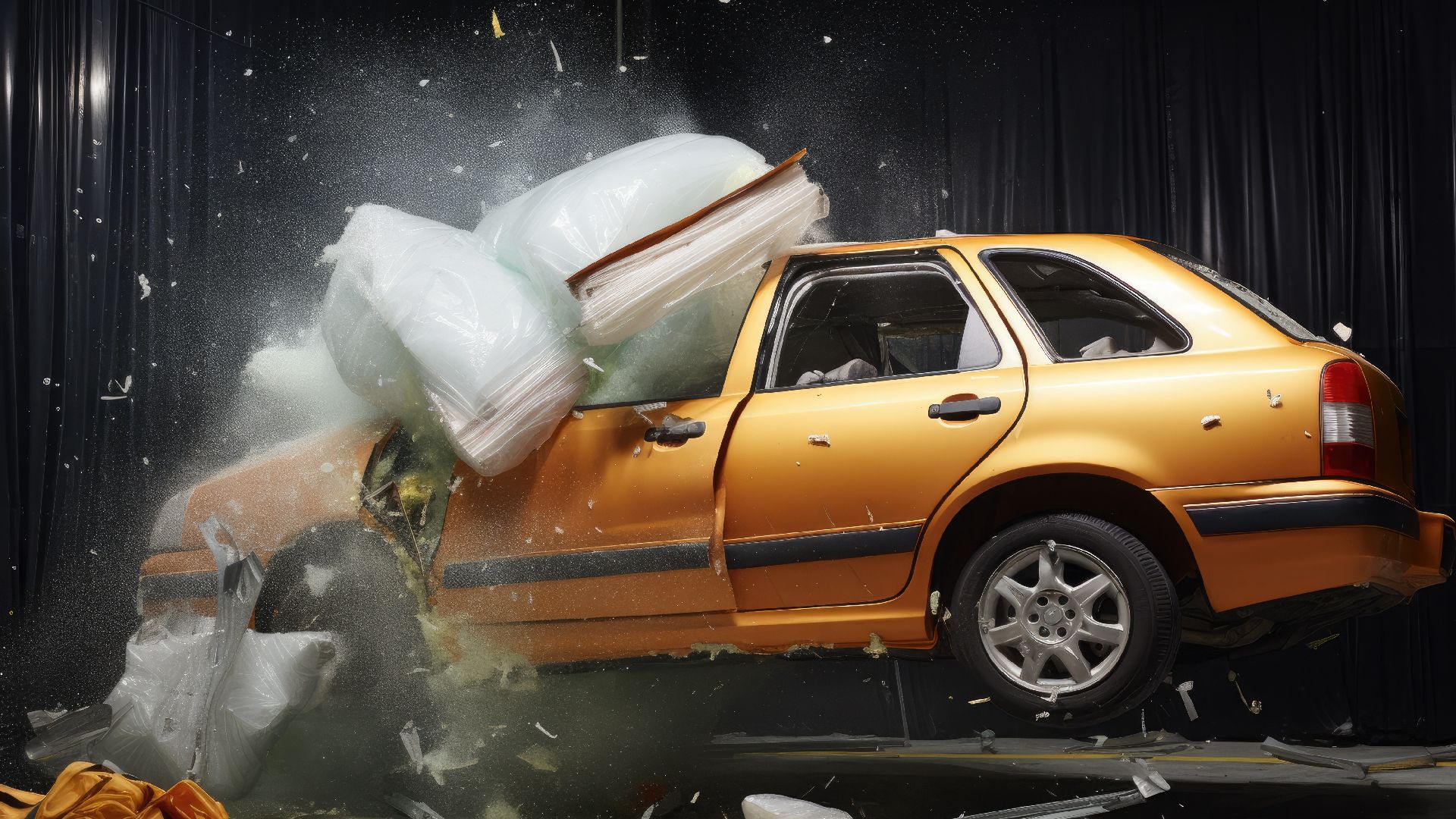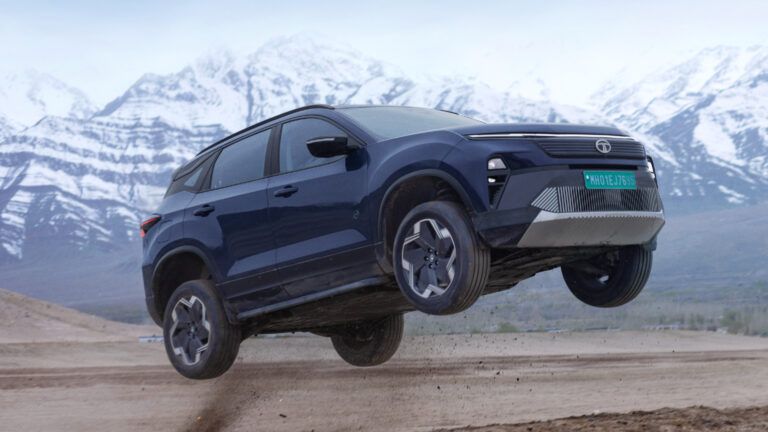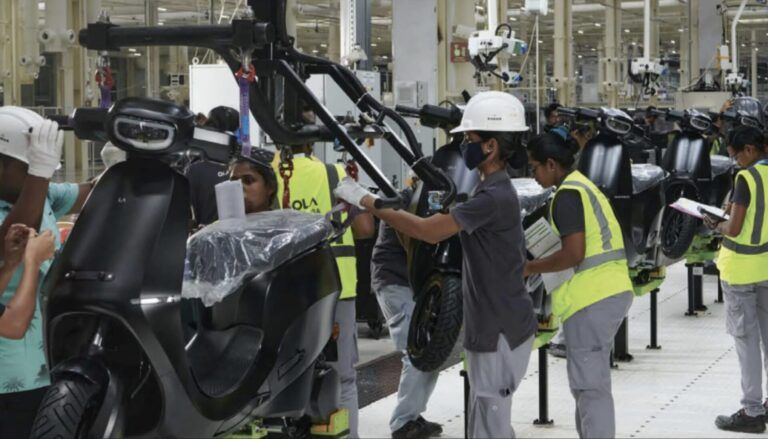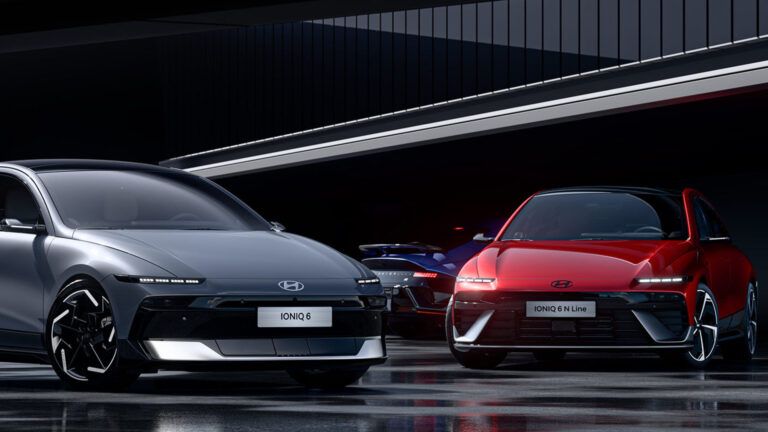The Bureau of Indian Standards (BIS) introduced two new guidelines in the L, M, and N categories, as per ANI. These rules aim to improve the safety standards of electric vehicles in these specified groups.
If you are unaware of these categories, here’s what they mean. L refers specifically to two-wheelers, like motorcycles. Meanwhile, category M is for passenger cars, and N is for commercial trucks for transporting goods.
The new standards, IS 18590: 2024 and IS 18606: 2024, focus on important parts of EVs, buses, and trucks. They give special attention to the parts of the powertrain, including the motor and transmission.
According to the Ministry of Consumer Affairs, Food & Public Distribution, these standards will help the country move towards a transportation system that is more sustainable and efficient. Also, they are crucial for encouraging the use of technologies that lessen environmental harm and make transportation more effective overall.
The introduction of these rules means that the country now has 30 local standards dedicated to EVs and their components. Also, these standards cover aspects such as charging systems to ensure safety and compatibility.
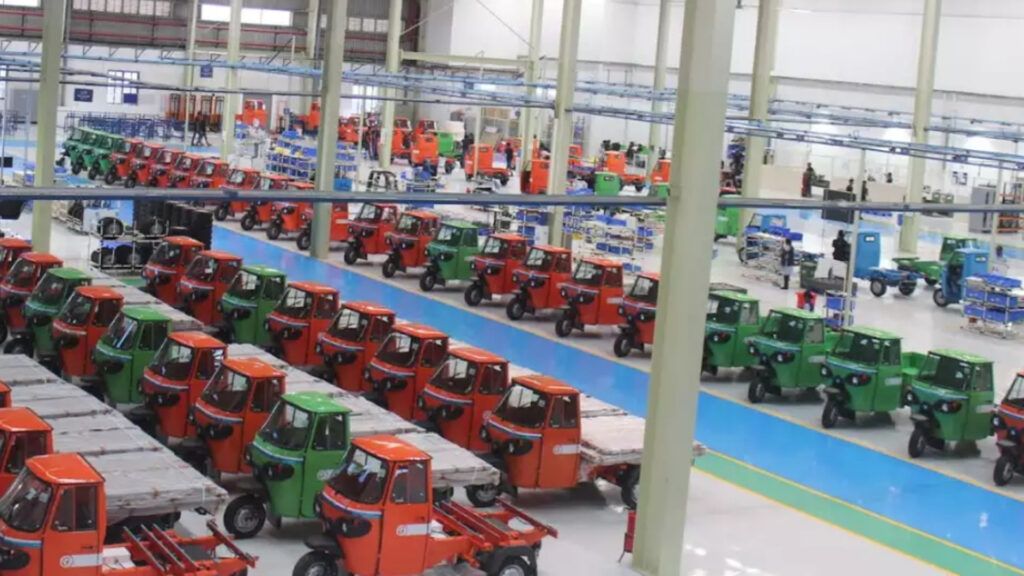
Growth in India’s E-Rickshaw Segment
India is witnessing rapid growth in the e-rickshaw market due to increasing demand for affordable and eco-friendly public transport options.
Indian States like Delhi, Bihar, West Bengal, and Uttar Pradesh widely use electric three-wheelers (e3w) for short-distance travel. In the coming years, we expect significant growth in the e3w market in states like Chhattisgarh, Madhya Pradesh, and Odisha. Moreover, the lower operating costs of e3w, which save 70-80% compared to gas-powered ones, will drive this growth.
Across India, many e-rickshaw manufacturers are introducing new models, which experts expect will contribute to future market growth.
For example, Bajaj Auto launched its first e3w in April 2023, aiming at both passenger and cargo transportation. Meanwhile, Lohia Auto Industries Ltd announced the introduction of high-speed scooters and new three-wheelers for carrying passengers. These initiatives and ongoing support from the Indian government could boost the growth of e3w in India.
Therefore, BIS introduced IS 18294: 2023 to set safety standards for them. These rules ensure that manufacturers safely design and operate e-rickshaws and E-Karts to protect drivers and passengers.
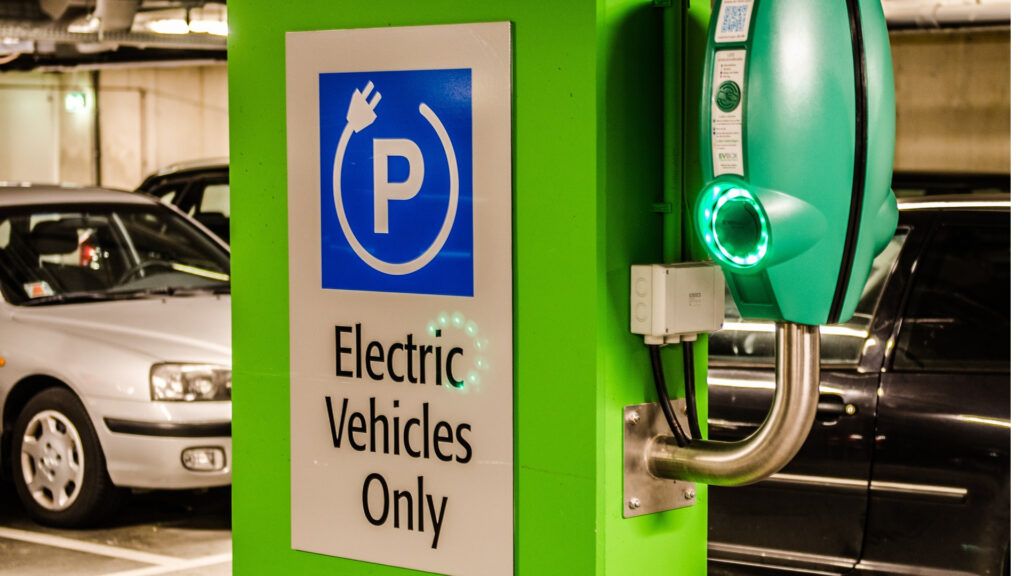
About The Bureau of Indian Standards (BIS)
The Bureau of Indian Standards (BIS) is responsible for developing and maintaining national standards across various sectors in India. It operates under the Department of Consumer Affairs, Ministry of Consumer Affairs, Food & Public Distribution of the Government of India.
Their primary aim is to create, acknowledge, and encourage the use of Indian Standards. Additionally, it ensures quality, safety, and reliability in products and services for consumers and businesses alike.

